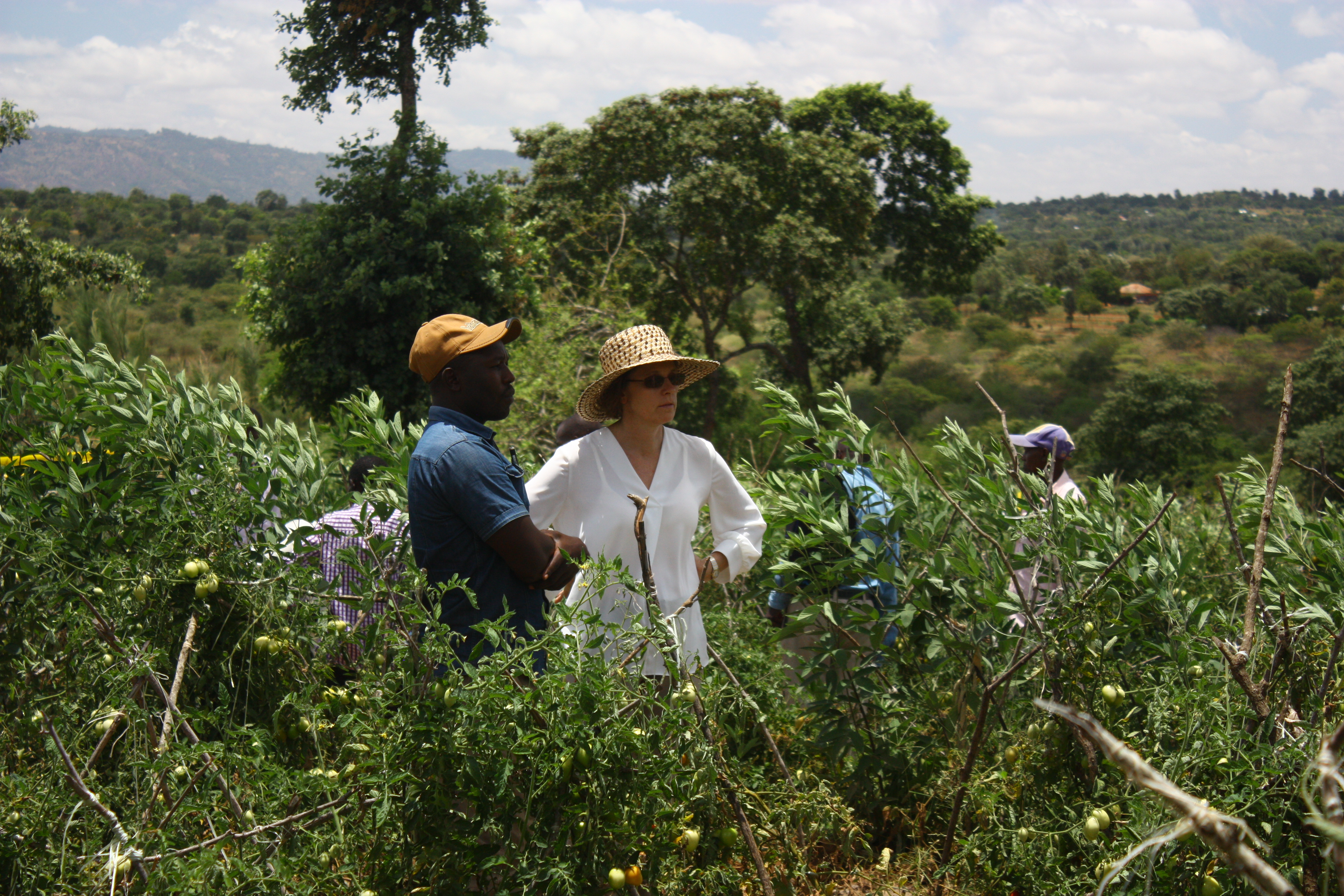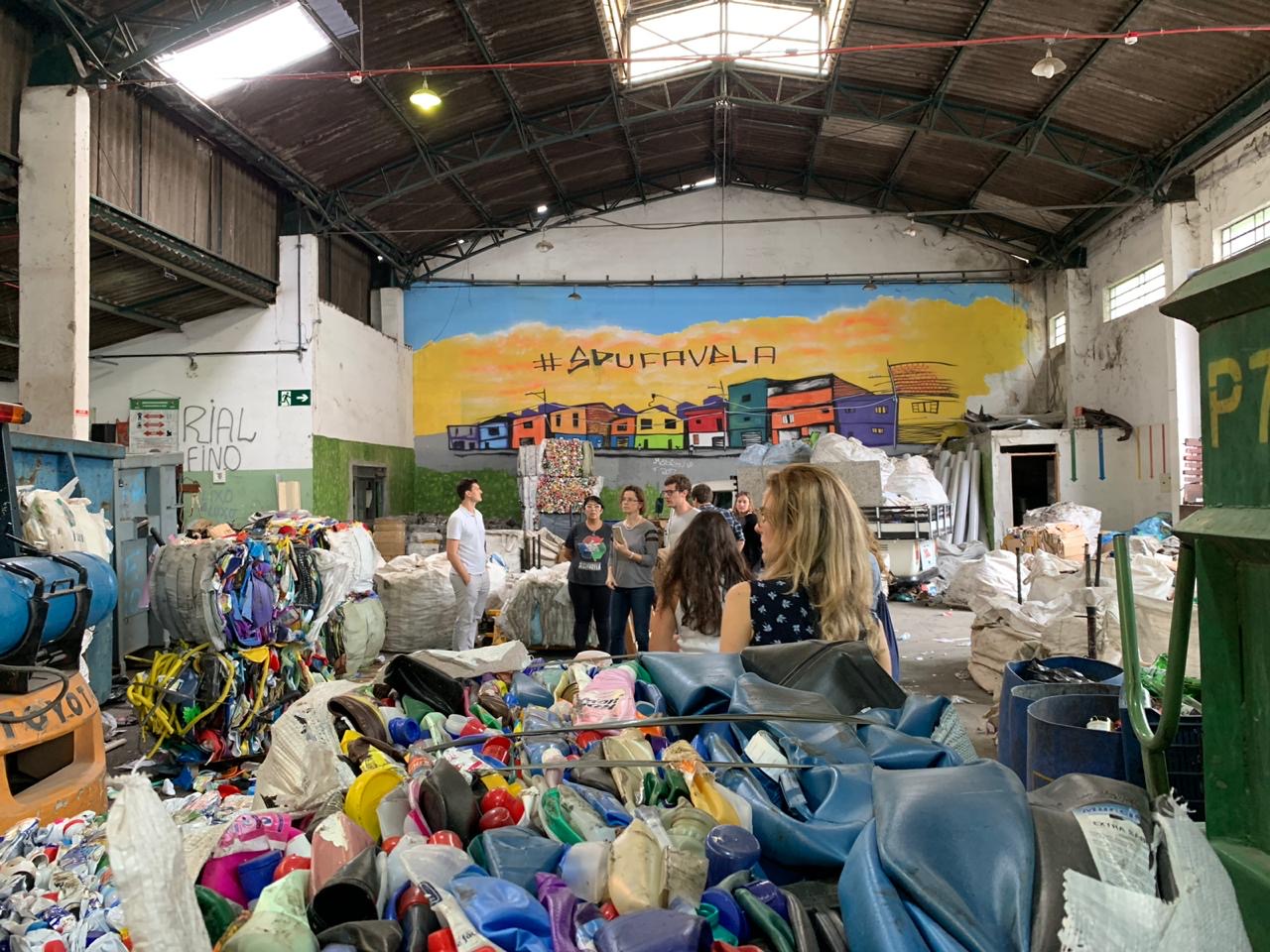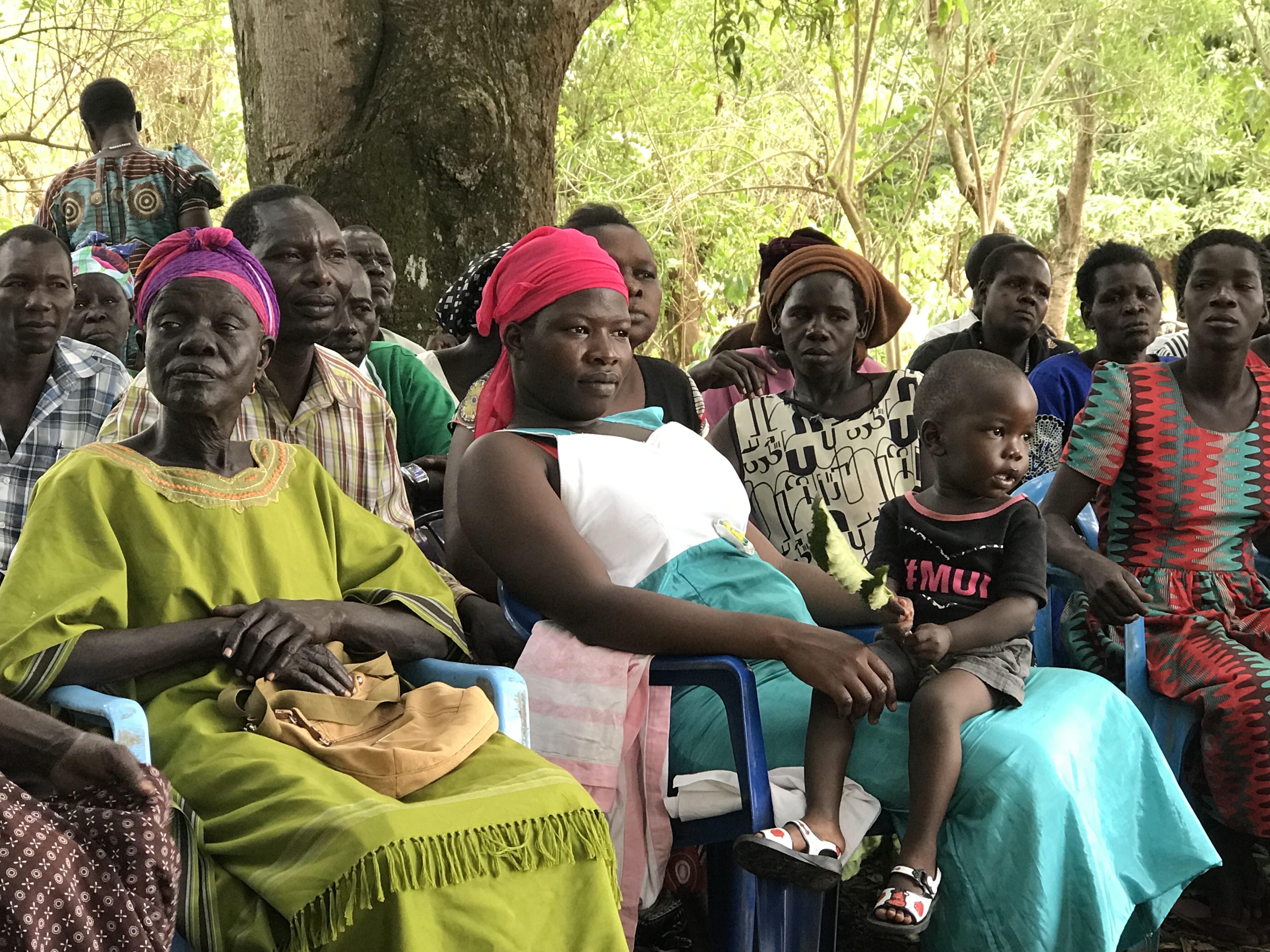An interview with Karen Hitschke (Yunus Social Business): The Role of Local Networks and Personal Interaction

For Siemens Stiftung’s newest report ‘How Digital Solutions May Enhance Social Financing’ we talked with Karen Hitschke, Managing Director of Yunus Social Business, about the need of personal interaction for social entrepreneurs.
Siemens Stiftung: Impact investors often complain that they struggle to find suitable companies to invest in. How do you currently find your investees?
Karen: Very importantly, wherever we are actively investing, we have our own local Yunus Social Business (YSB) teams on the ground. Hence, our main source is the local network. We are not looking from here in Berlin for a company in Africa, but we are very well connected with incubators, acceleration programs, and organizations – all of these platforms that connect investors and companies. Databases of foundations in the sec-tor are certainly also an important source. And then, of course, it is a lot of direct referral from our investees to other investees, for example. It is a small community.
Siemens Stiftung: What are the main challenges when it comes to financing social entrepreneurs?
Karen: On the funding side, there is really an increasing competition in impact investing and the expectations of funders are sometimes unrealistically high in terms of what and how quickly one can achieve impact and financial sustainability, let alone financial returns. On the investment side, due diligence can obviously be quite challenging. It is important that you have access to the right data and that you are familiar with the local situation and context. On the portfolio management side, once you have invested, of course you have typical problems like helping businesses to move from entrepreneur-centered organizations to ones with proper structures and processes that are scalable. Finally, of course you need to have stable surroundings. If you do not have proper laws and political stability, that makes it much more difficult for the business to operate.

Siemens Stiftung: How could technology and digital solutions help to overcome these challenges?
Karen: On the fundraising part, I think the idea of digital crowdfunding is a concept that works quite well for very early-stage entrepreneurs and smaller ticket sizes. Money flows in the impact space are often north-south transfers, in terms of raising money in Europe or the US and then usually deploying it in a developing country where social businesses are located. In such scenarios people are generally also willing to see their investment like a donation that doesn’t necessarily yield financial returns. And that’s what we need in early stages. In terms of technology for the due diligence and the investment process, I am a little bit skeptical. It is very difficult to get the right information from the companies, so I am not sure how promising the use of digital tools would be. Especially at those very early stages where businesses really aren’t used to proper reporting, it could be difficult to document financials in a way that everyone can understand. Among mature companies, it could work, but I am not sure how many would qualify for that and/or would be willing to organize their data accordingly.
Siemens Stiftung: Tech solutions could support social entrepreneurs at these very early stages to get the reporting going, don’t you think?
Karen: I am a little bit hesitant about that. We have tried similar things, but our experience was that many businesses are not ready yet for such solutions to really assist them. I think the challenge is more to help them really understand what numbers they should be looking at and track regularly, especially when they are still very early stage. Having a focused 3-hour session where you sit down with an entrepreneur and jointly walk through what is really required is often more helpful than trying to get everything from them, especially at the earlier stages.

Siemens Stiftung: What about due diligence? Which parts of the process really need to be based on personal interaction and why?
Karen: For due diligence, I usually want to understand what assumptions they are putting behind the projections and what drives them. You want to understand what the nature of the business is, what the KPIs are, what the main risks of the business are, etc. And I think this is where technology has its limitations, you might be able to reflect it in a tool, but in the end, you want to sit down with them in person and understand why they have made certain assumptions in their forecast, why didn’t they use different ones – same for prices, market size, sales sizes. Challenging them requires some interaction. One other challenge in terms of tools is that portfolios are usually quite diverse once you have 10-20 portfolio companies. At some stage, they will also have other investors with other preferences, also depending on the country that you are active in, and that together makes it a bit difficult to standardize.
Siemens Stiftung: What about matchmaking? Do you think a matchmaking platform could work?
Karen: I think it could become relevant once you reach a critical mass in the market. The impact sector is still relatively small, but if you take a large country like India for example, that could be a good starting point. What helps is the ability to get a customer referral. Because the more promising matches are most often those that you find through your private network and private investors you are building partnerships with. In most countries, I guess the ecosystem is still too small, but India, for example, could be a different thing.
Siemens Stiftung: Thank you very much for the interview, Karen.